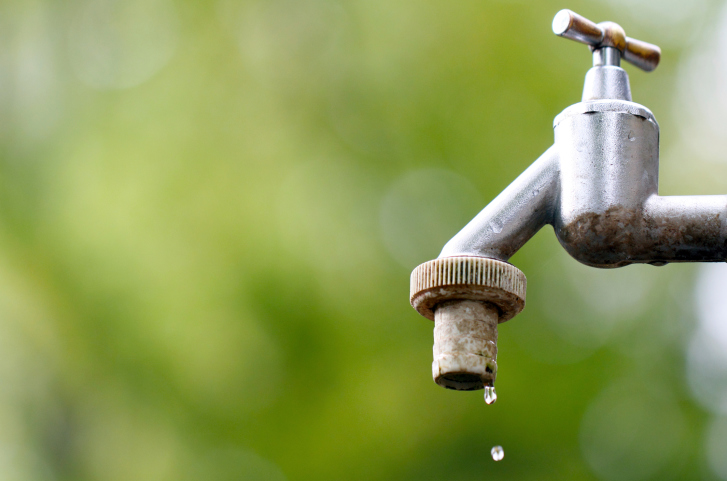 Water is the planet’s most precious resource. Access to clean water is a privilege that, unfortunately, many people still take for granted.
Water is the planet’s most precious resource. Access to clean water is a privilege that, unfortunately, many people still take for granted.
By utilizing new water efficiency technologies and age-old conservation methods, we can help preserve the water supply for future generations. Cutting down on consumption whenever possible is something that everyone can do to live a little greener.
Making Sure Your Home Holds Water
The first stop on your journey to save water is to ensure your home is free of water leaks. Make your way through your home, and properly shut off the water at all fixtures and faucets. Air-cooling systems and other devices that use water should also be shut of.
Read your water meter, wait two hours (without using any water), and check it again. If your water meter gives you two different readings, you are losing water somewhere, and the problem needs farther investigating.
If you find yourself flooded with problems, it may be time to call your local real estate professional. Most issues are easily repaired or upgraded, but sometimes a fresh efficient start may be a simpler solution.
Air It Out And Get In the Flow
Installing aerators on faucets and shower heads reduce their usage by half. These contraptions are inexpensive and easy to install. By injecting air into the water flow, you keep the same water pressure, but use less water.
If you are in the market for a new toilet, complete your water saving bathroom makeover with a low flow, water efficient model. These toilets can save about 9,000 gallons of water a year.
If a new toilet is not in your near future, a simple homemade contraption can cut down on water being flushed away. Fill a water bottle with some pebbles so it sinks, and fill the rest with water. Place the bottle in the cistern of your toilet. By displacing some of the water in the tank, you can save around 500 gallons of water a year.
Obtain A Lush Lawn With Less Water
Over-watering your grass is wasteful and counterproductive. Watering your lawn two times a week is better for grass than daily sprinklings. Giving your lawn a good soaking with an inch of water every few days will keep it lush and save water. You should also avoid over-mowing.
Grass is happiest at two to three inches tall. Over-mowed grass tends to have weak roots, and requires more water to keep it growing strong. Let Mother Nature take care of the watering on occasion, especially during the spring.
Mulch Landscape To Lock In Moisture
Mulch around the trees and shrubs in your yard. Mulch holds in moisture, and will keep the water in the ground longer. There are also water bags on the market that do a great job of keeping young trees hydrated.
Make sure your sprinklers are putting water where it is needed, and not unnecessarily watering the sidewalk. When the sidewalks and patios need a sweeping, make sure you reach for the broom and leave the hose on standby.
By making a few informed decisions to cut down on water consumption, you can feel good knowing you are doing your part to conserve. When water flows freely, it is easy to forget how precious it is.
Remind yourself that water is a resource that needs to be saved, and should not be wasted. Access to clean water is something no one wants to see lost.
